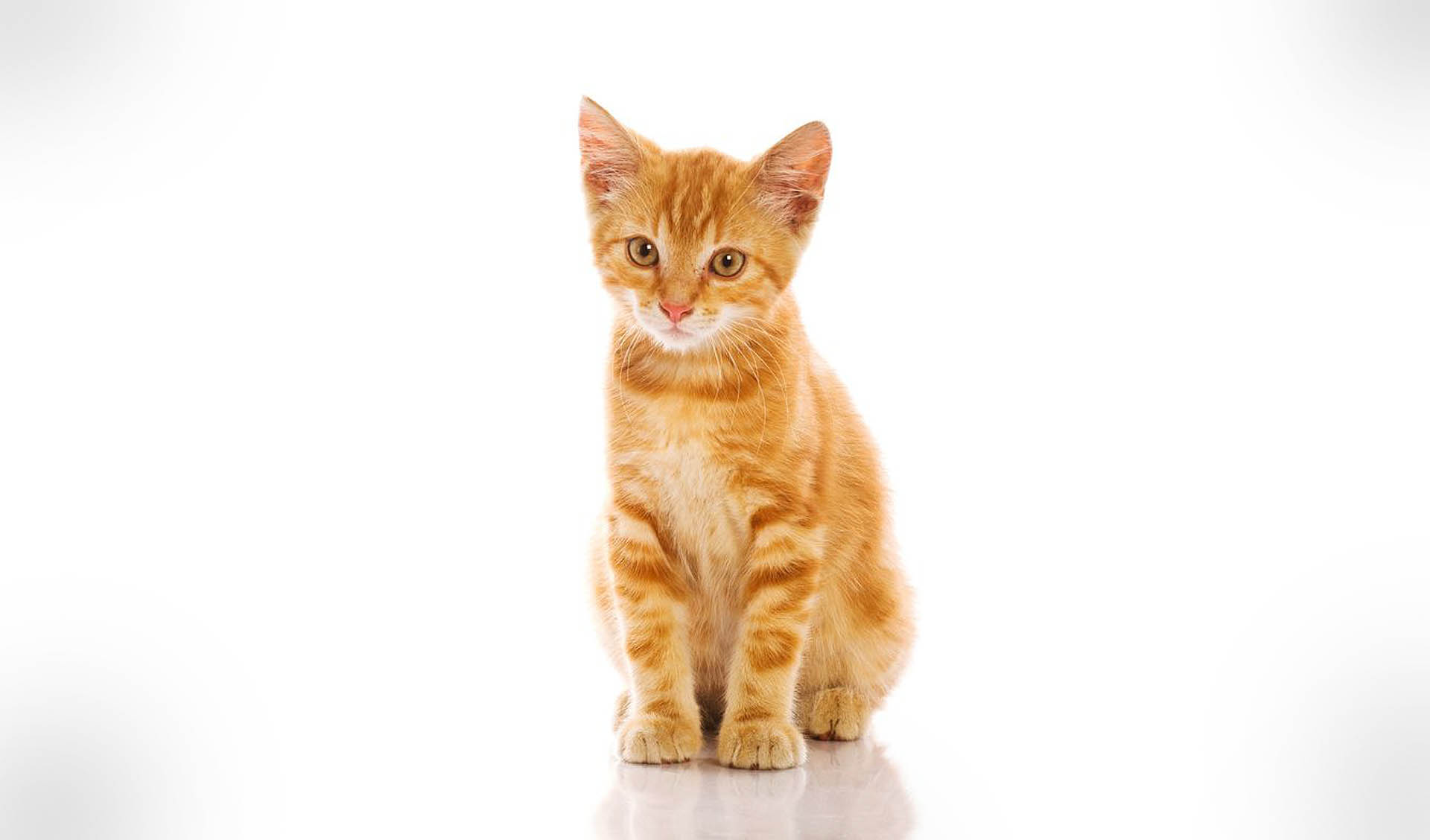Does your cat seem congested? Is he/she constantly sneezing? Does he/she have watery eyes and discharge from their nose? Like us, cats can become sick with a “head cold”. In the cat world, this kitty cold is more commonly known as an upper respiratory infection often caused by the Feline Herpes Virus, also known as Feline Viral Rhinopneumonitis or Feline Rhinotracheitis Virus. This is one of the most common causes of upper respiratory infections in cats and, unfortunately, most cats will be exposed to it at some point in their lives.
All cats can become infected with the Feline Herpes Virus, but infection tends to be more severe in young cats or those that have another chronic disease that may be compromising their immune system. Kittens born to a cat that is carrying the virus may also become infected after birth. The kittens usually develop symptoms several weeks after birth and the infection can be quite serious. The Feline Herpes Virus is a species specific virus and can not be transmitted to humans.
A cat becomes infected with the virus from direct contact with virus particles. The virus is excreted in the saliva or from the eye and nose discharge of an infected cat. An infection occurs when a susceptible cat comes into direct contact with an infected cat or comes in contact with objects (called “fomites”) or areas that have been contaminated with infective viral particles.
Some examples of how the virus can be transmitted include:
- Nasal and eye secretions – often passed through sneezing.
- Fomites – from contaminated objects like food or water dishes, litter boxes, toys and beds.
- Human contact – if an owner pets an infected cat and then touches an uninfected cat before washing their hands. An owner can also carry and transmit the virus via their clothes.
Viral particles that get onto hands or other skin surfaces usually remain infective for about 30 minutes. Contaminated “fomites” such as food or water bowls, litter boxes, blankets, toys or cleaning cloths will stay infective as long as the secretions on them remain moist; however, under normal conditions, the secretions will dry up in a few hours.
The Feline Herpes Virus can cause the following symptoms:
- Lethargy
- Sneezing
- Nasal discharge and runny eyes
- Loss of appetite (due to nasal congestion and inability to smell food)
- Fever
- Dehydration
- Squinting and red or swollen conjunctiva (inside of the eyelid)
- Eye ulcers
It is important to remember that some cats, known as latent carriers, can carry and transmit the disease without showing any symptoms. Once a cat is infected with the virus, there is usually a 2-5 day incubation period before symptoms appear. In most cases, once symptoms appear, the active infection will last about 10-20 days.
Supportive treatment for cats suffering from the herpes virus may help them overcome an outbreak of the virus. Once contracted, the herpes virus never fully leaves the system. However, with proper supportive care, most infected cats can rebound within one week.
Supportive treatments may include:
- Intravenous or subcutaneous fluids (to help with hydration if your cat is not eating or drinking)
- Antibiotic medications (used if there is a secondary bacterial infection)
- Supplements to help boost your cat’s immune system
- Use of a humidifier or steam showers to help break up and reduce congestion
- Nose and eye cleaning to help keep your cat more comfortable
Once your cat’s symptoms have disappeared, the virus remain dormant in their system. The virus may or may not reoccur during their lifetime but has been known to be “re-activated” during times of stress.
The Feline Herpes Virus can quickly spread from cat to cat, similar to the common cold in humans. It can sometimes be fatal; therefore, prevention is important. Vaccination can be given to help prevent the disease. The vaccine is usually given to kittens at 3 different intervals, usually a month apart, and then annually thereafter. Although vaccines are never 100% guaranteed, they do greatly reduce the risk of contracting the disease. Owners can also minimize the chance of passing along the virus by routinely washing their hands after handling other cats and by changing their clothes after they have been in contact with other infected cats.
Please contact Centrepointe Animal Hospital for more information and to ensure that your cat is protected against this Feline Herpes Virus.

